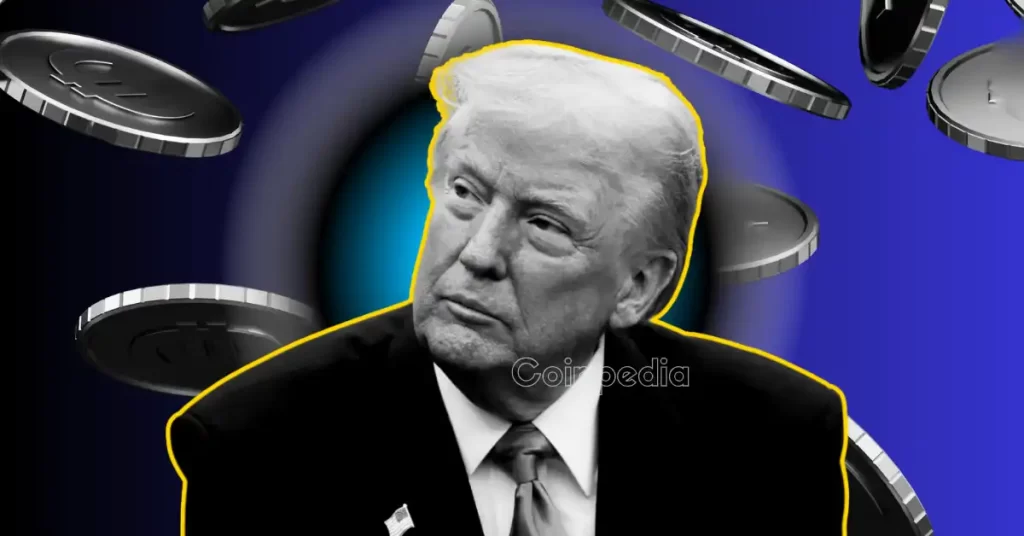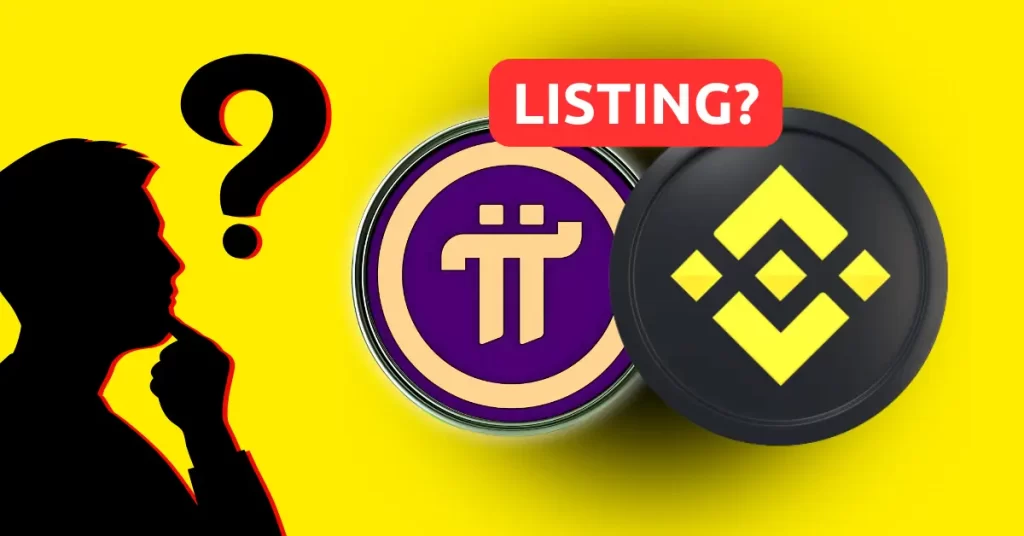ARTICLE AD BOX
Nigeria has rejected bribery allegations made by Binance, the world’s largest cryptocurrency exchange, labeling them as a “tactic to divert” attention from the exchange’s activities.
The statement comes in response to a blog post by Binance’s newly appointed CEO, Richard Teng, who claimed that the Nigerian government demanded a $150 million cryptocurrency payment to settle an ongoing criminal investigation.
Nigerian Government Slams Binance’s Bribery Claims
According to Bloomberg, Nigerian Ministry of Information spokesman Rabiu Ibrahim dismissed Teng’s bribery allegations as baseless and lacking substance.
Ibrahim stated that the Binance CEO’s claim was a mere diversionary tactic aimed at shifting focus away from the cryptocurrency exchange’s activities. The Nigerian government firmly denies involvement in any bribery attempts.
According to Teng’s blog post, Binance attended a meeting with Nigerian officials in January, during which criminal allegations were raised against the company.
Teng claimed that as Binance staff left the meeting, they were approached by unknown individuals who demanded a significant cryptocurrency payment within 48 hours to settle the allegations.
The blog post also mentioned that Gambaryan and his colleague returned to Nigeria in February at the authorities’ invitation but were subsequently arrested.
While one employee has managed to escape in recent months, Tigran Gambaryan remains in custody. He faces charges of tax evasion, currency speculation, and money laundering. His trial is scheduled to commence later this month.
Nigeria Intensifies Scrutiny Of Cryptocurrencies
The Nigerian government dismisses Binance’s bribery claims as part of the company’s “orchestrated international campaign” to undermine Nigeria’s reputation.
The government also accuses Binance of resorting to fictional claims and mudslinging media campaigns to clear its name amidst criminal prosecutions in multiple countries, including the United States.
It is worth noting that Nigeria has been scrutinizing the role of cryptocurrencies in the depreciation of the local currency, the naira. The government attributes part of the currency’s decline to foreign exchange control adjustments and increased volatility.
To address concerns, the Securities and Exchange Commission banned person-to-person cryptocurrency trading in the naira and indicated that new regulations would be implemented to govern the sector.
In addition to the issues in Nigeria, Binance founder Changpeng Zhao was recently sentenced to four months in prison in the US for failures that allowed cybercriminals and terrorist groups to trade freely on the platform. The exchange also agreed to pay $4.3 billion to resolve allegations raised by US authorities.
Binance has not yet responded to the Nigerian government’s accusations and denials. It remains to be seen how the exchange will address the situation or provide any further clarification regarding the allegations.
As of this writing, the exchange’s native token, BNB, is trading at $585, up 4.4% in the past week.
Featured image from Shutterstock, chart from TradingView.com
.png)
 11 months ago
13
11 months ago
13








 English (US)
English (US)